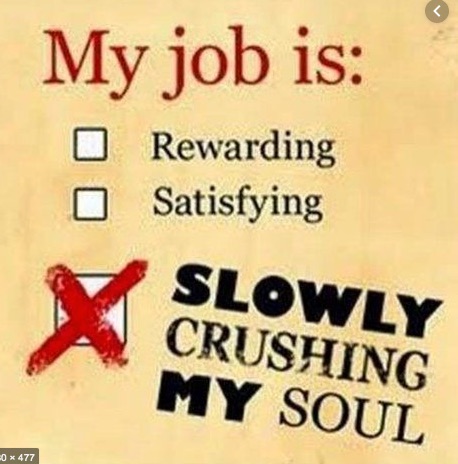As mentioned in previous posts, I’ve had a volunteer gig as an actor, dramaturge, and associate artistic director of 9th Hour Theatre Company since its inception in 2010.
From the beginning of March this year, I’ve spent every Wednesday 9-5 at Raven Studios helping to edit a musical audio drama called Beauty Will Save the World (BWSTW). I played a major role in the development and production of this original work, including what often felt like endless hours in a studio with playwright/producer Charley Bouchard and sound designer/technician, Jakub Racek.
We spent 44 hours recording the show over 1 week then another 160 hours of editing. And that doesn’t include the thousands of hours (involving dozens of people) spent thinking, writing, revising, workshopping, and developing this original work since September 2020.
But it’s all been worth it. The show reeks of professionalism—a sheer delight to listen to–a rich, entertaining, and enlightening audio experience…that required thousands of micro decisions over 3.5 years of thinking, writing, discussing, revising, workshopping!
The frequent rule
It reinforced for me the iterative nature of the creative process, something that I emphasize with my career clients. If you want to change careers or find a new job, you will need to apply this rule frequently: take an action towards your goal—if it moves you closer, take another action; if it doesn’t, then take a different action.
It sounds so simple but it is often very difficult to apply in real life. For example, BWSTW comprises 11 episodes, each one is about 30 minutes in duration. The 3 of us sat in front of computers to edit, mix, and master each episode. There was no time to waste because we were paying by the hour for studio time.
In order to complete this project, we had to make a thousand creative and technical decisions each Wednesday: is that actor’s voice loud enough? Where should we start or end that soundscape? Should we cross fade between that sound effect and the following dialogue? Did that singer hit the right note, come in too early, pronounce the ‘t’ at the end of that verse?
Each question required an action. Each decision was made in the interests of telling the best story to realize our vision.
Your beautiful story
BWSTW is a beautiful story. I think of a client’s life in the same way. How can I help them edit their career story to achieve their goal. There is no time to waste. Being stuck without a job or being stuck in a job that sucks your soul costs more than a lost opportunity, it costs you precious life energy!
A career is an iterative process too. It can be devised and revised according to a particular goal or vision. A client’s story is then told through a resume, bio, elevator pitch, interview preparation, career management and advancement…and on and on.
A thousand decisions have to be made to get a beautiful result. Each action will move them closer to their goal; if it doesn’t, we take a different one.
No need to overthink it. No reward in procrastinating. There is power in action…step by step to reach a goal!
P.S. Click on this link and you can listen FREE to the first episode of BWSTW. If you like what you hear, hover over each episode to read a synopsis. If you like what you read, then please select ‘Listen Now’ and subscribe on Patreon to listen to the remaining 10 episodes at your leisure. I bet you’ll binge listen! If you like listening to podcasts while you’re working or relaxing, you’ll enjoy this 5.5-hour cautionary tale involving 17 actors and singers.









